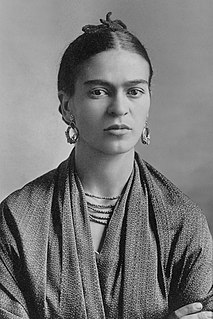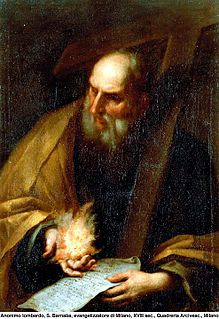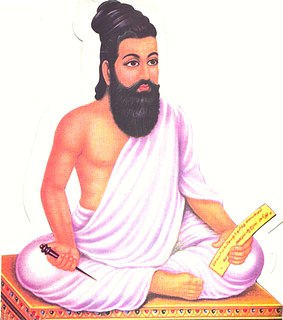A Quote by Frida Kahlo
... there is a skeleton (or death) that flees terrified in the face of my will to live.
Related Quotes
Yeah? Can you draw a skeleton riding a motorcycle with flames coming out of it? And I want a pirate hat on the skeleton. And a parrot on his shoulder. A skeleton parrot. Or maybe a ninja skeleton parrot? No, that would be overkill. But it'd be cool if the biker skeleton could be shooting some ninja throwing stars. That are on fire.
But how to know the falsity of death? How can we know there is no death? Until we know that, our fear of death will not go either. Until we know the falsity of death, our lives will remain false. As long as there is fear of death, there cannot be authentic life. As long as we tremble with the fear of death, we cannot summon the capacity to live our lives. One can live only when the shadow of death has disappeared forever. How can a frightened and trembling mind live? And when death seems to be approaching every second, how is it possible to live? How can we live?
In literature and in art, alike, this gloomy fashion of regarding Death has been characteristic of Christianity. Death has been painted as a skeleton grasping a scythe, a grinning skull, a threatening figure with terrible face and uplifted dart, a bony scarecrow shaking an hourglass - all that could alarm and repel has been gathered round this rightly-named King of Terrors.
Death is a part of all our lives. Whether we like it or not, it is bound to happen. Instead of avoiding thinking about it, it is better to understand its meaning. We all have the same body, the same human flesh, and therefore we will all die. There is a big difference, of course, between natural death and accidental death, but basically death will come sooner or later. If from the beginning your attitude is 'Yes, death is part of our lives,' then it may be easier to face.
If you've got on the one hand death, dogmatism, domination, and on the other you've got desire in the face of death, dialogue in the face of dogmatism, democracy in the face of domination, then philosophy itself becomes a critical disposition of wrestling with desire in the face of death, wrestling with dialogue in the face of dogmatism, and wrestling with democracy, trying to keep alive a very fragile democratic experiment.








































